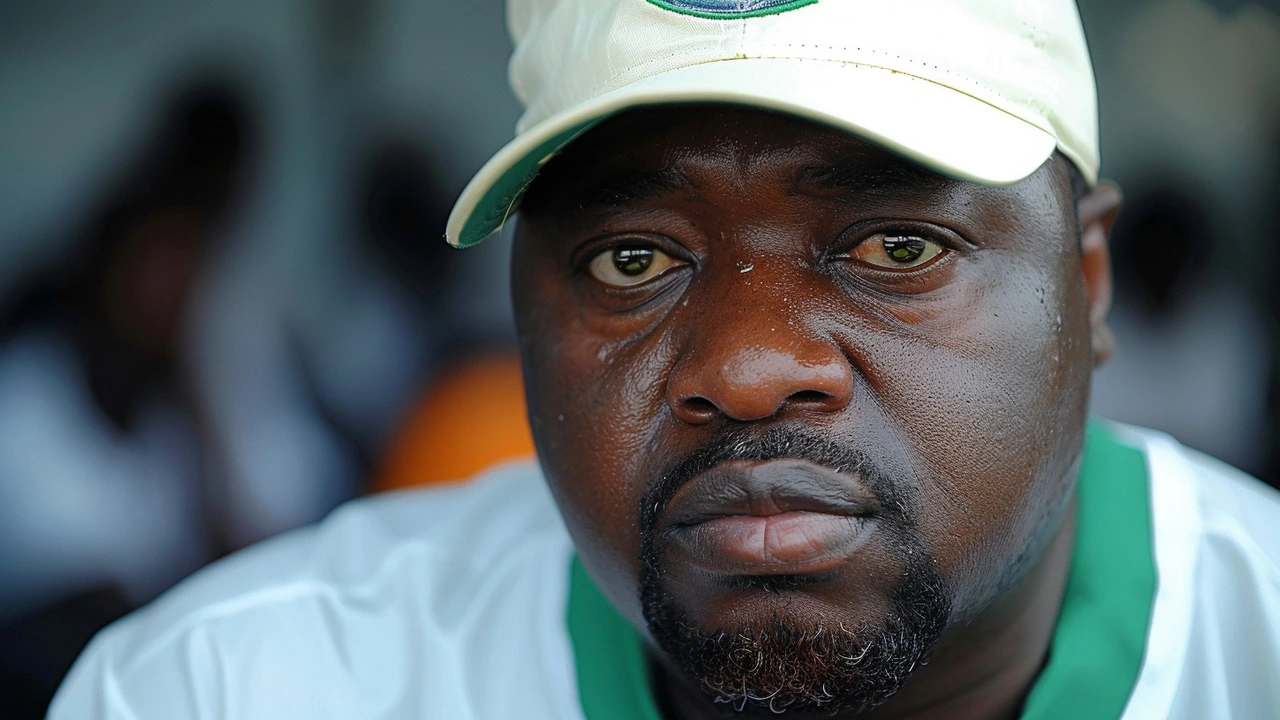- Strategic Shuffles: England's Brave Changes to Battle South Africa in Autumn Nations Series Nov 15, 2024
- UK’s MARS Drone Boat Breaks Cover: The Fast-Tracked Revolution in Naval Warfare May 7, 2025
- England Women Edge Bangladesh in Thrilling ICC World Cup Clash at Guwahati Oct 8, 2025
- Naira Plummets Past N1,500: Official and Black Market Rates Signal Growing Exchange Rate Tension Jun 4, 2025
- Pakistan Triumphs Over Australia in Thrilling ODI Series Decider Nov 10, 2024
Road Accident: What to Do Right Away and How to Stay Safe
Road accidents happen fast and leave you stunned. Knowing a few clear steps can protect lives, save you trouble with police or insurance, and help others. This short guide gives practical actions to take immediately, how to handle the aftermath, and common ways to cut your risk on African roads.
If you’re involved in a crash — step by step
Stop safely. Turn on hazard lights and, if possible, move vehicles out of traffic. If you can’t move, keep the engine off and set a warning triangle or reflective jacket behind the car.
Check for injuries first. Call emergency services right away. Even if you or others feel fine, some injuries show up later—get checked at a clinic or hospital. If someone is bleeding heavily, apply pressure and wait for help.
Protect the scene. Do not clear away evidence or move damaged parts unless needed for safety. Take photos of all vehicles, road signs, skid marks, and the wider scene. Photos help police and insurers later.
Exchange details. Get names, phone numbers, vehicle registration, and insurance info from everyone involved. Ask for witness contacts too. Don’t admit fault or say anything that might be used against you—keep the facts to what happened.
Report to police. In many countries a police report is needed for insurance claims. File the report promptly and take a copy or reference number.
Contact your insurer. Report the incident quickly and follow their instructions. Keep receipts for any medical care, towing, or repairs.
How to prevent road accidents — practical habits
Slow down and respect limits. Speed is the biggest cause of fatal crashes. On rough or narrow roads, slow even more and allow extra stopping distance.
Wear seat belts and use child restraints. That’s the single best move to reduce injury in a crash. For riders, always wear a helmet that meets standards.
Don’t drive tired or after drinking. If you feel drowsy, pull over and rest. Use a sober driver or a ride service if you’ve been drinking.
Keep your vehicle roadworthy. Regularly check brakes, tires, lights, and steering. A small fault can turn into a serious hazard at speed.
Watch for pedestrians and informal road users. In many towns people, cyclists, and animals share the road. Slow down near markets, schools, and poorly lit areas.
Use safer routes and local advice. Some roads have known risks — potholes, frequent landslides, or poor policing. Ask locals or check recent news before you travel long distances.
Real news examples remind us road danger is real — from public transport incidents prompting safety overhauls to high-profile car crashes that shock communities. Those events push for better checks, stricter enforcement, and safer driving culture.
Keep emergency contacts handy, know the local ambulance and police numbers before trips, and carry a basic first-aid kit. A little planning makes a big difference when the unexpected happens.
If you want, bookmark this page or save the steps to your phone. Being ready lowers panic and helps you act fast when every second counts.
Tragic Road Accident Claims the Life of Tijani Babangida's Brother While Wife Receives Medical Care
- Katlego Sean Mahaye
- May 10, 2024
In a sorrowful turn of events, Alhaji Tijani Babangida faces a personal tragedy. His wife is hospitalized following a devastating road accident that also claimed the life of his brother, Captain Abdulkareem. The details of the incident, including the date and location, remain unconfirmed.
